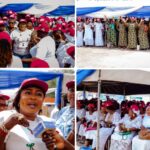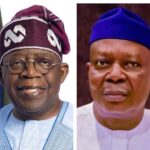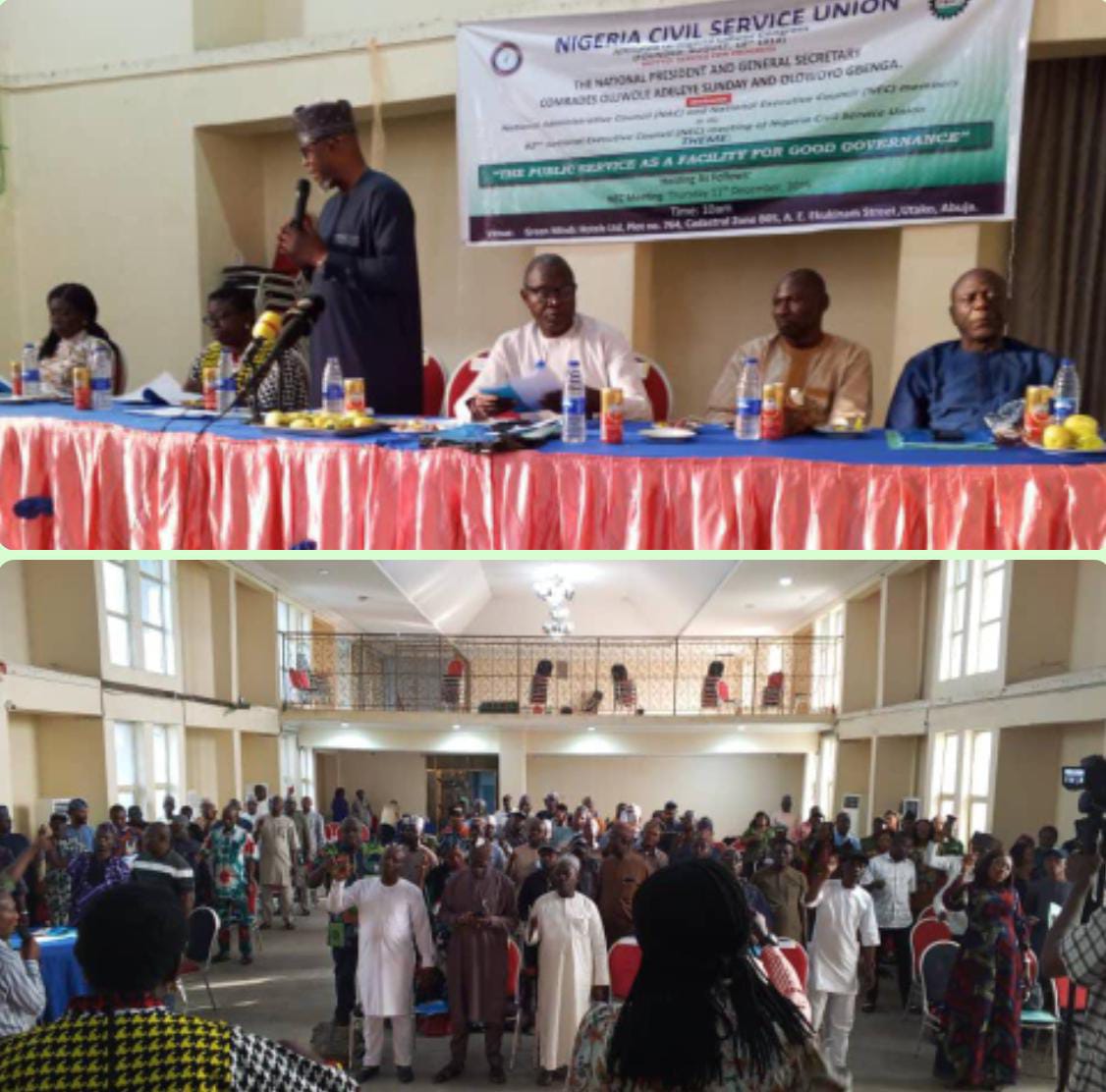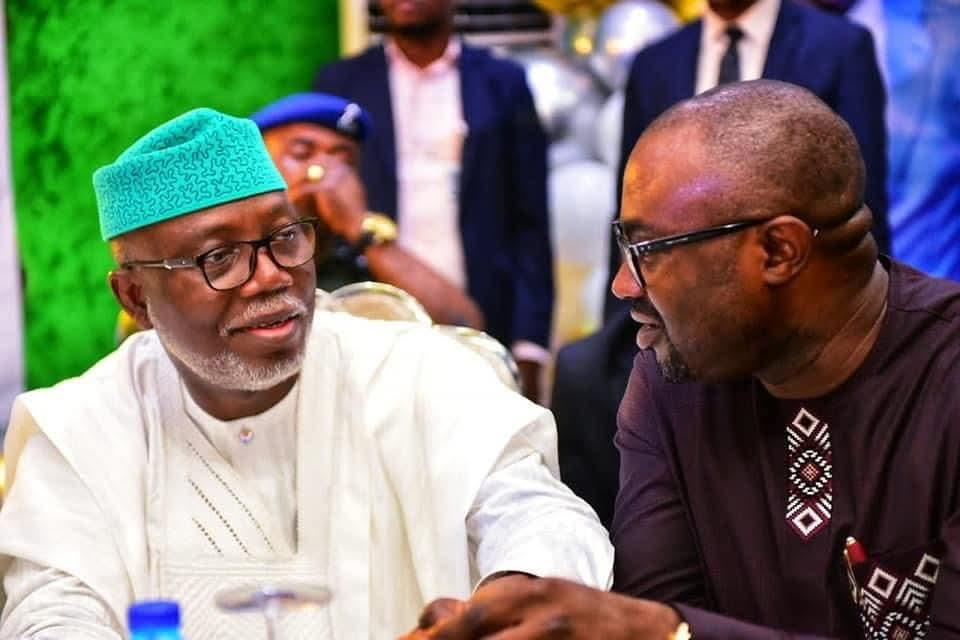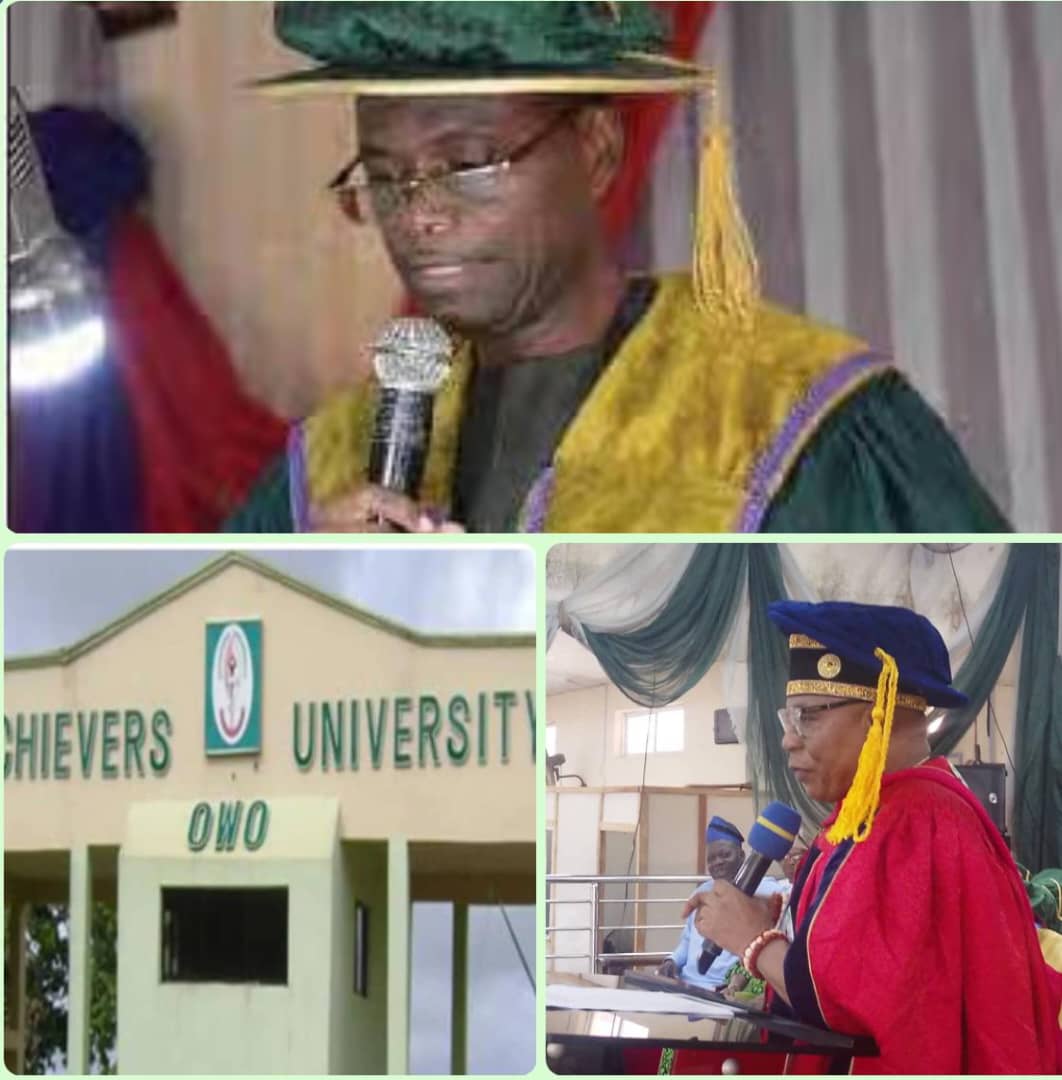Critical Evaluation of President Tinubu’s Administrative Policies and the Consequential Implications on President’s Security
A critical evaluation of President Bola Ahmed Tinubu’s administrative policies shows that the President is determined to effect a positive change poised towards restructuring public institutions in Nigeria; this will not go without a price.
Firstly, the removal of fuel subsidy as pronounced by the President during the inauguration was a rude shock to the CABALS – “subsidy is gone”. It was a tough call but justifiably made.
The meeting held with the “Service Chiefs” with a mandate to deal with the oil theft cartel will send a strong signal to the oil thieves and their international conspirators.
As a trained geologist, I researched on oil pipeline security in Nigeria and this prompted me to carry out further research on oil theft and challenges of maritime security in Nigeria. The research took me to the high sea to have a first hand experience on monitoring and patrol. At the end of my three weeks observation on the high sea (day and night), it was extensively revealed without any ambiguity that behind oil theft in Nigeria are some powerful political leaders, some serving and retired military generals. Others thrive in oil subsidy and oil swap business, fraudulently enriching themselves through the process. To a large extent, this explains the non functionality of refineries in Nigeria.
What President Tinubu embarked upon could be termed as “what Napoleon cannot do” because several past military leaders knew about it but do not have the courage to do it and with these bold and courageous steps, I am bothered about the personal security of the President in the hands of these cabals.
Brief history of oil theft in Nigeria
Crude oil was first discovered in commercial quantity in Nigeria in 1956. Previously, there had been 50 years of unsuccessful attempts at oil exploration in the country. The discovery on 15th January, 1956 in Oloibiri, Bayelsa State ended that failure. The first Nigerian oil came onstream in 1958 with 5,100bpd.
Crude oil theft started around the late 1970s and early 80s when the country was under the military rule. Members of the top military brass in Nigeria started stealing the nation’s crude oil. The theft has grown exponentially since then to what it is now – criminality with sophistication.
According to Okungbowa (2023) as reported in ThisDAY newspaper, “crude oil theft has been part of our history of oil exploration for a very long time but assumed a very dangerous dimension with the damage caused to the national economy and its impact on sub-nationals in Nigeria.”
Lately, there were reports of discoveries of pipeline vandalism and crude oil theft in the Niger Delta, resulting in daily loss of multi-million dollars to Nigeria. The impact of this malaise has been so monumental that Nigeria got to the brink economically. The revelations have been astonishing and everyone is concerned.
In its Saturday, 8th October 2022 edition, ThisDAY newspaper published as one of its headlines, the report that lawmakers had charged President Muhammadu Buhari to fight oil thieves, whom they said had declared a war on Nigeria.
The same newspaper also reported that a former warlord, Tompolo, who had recently been engaged by the Nigerian Government to help stem the tide of crude oil theft in the Niger Delta had exposed security officials as being party to and protagonists of this criminality. The report further highlighted that “sixteen hidden tapping points on the trans-forcados/Ramos pipeline had been uncovered”.
Many more illegal pipeline tap points have since been discovered and the discoveries are likely to continue in the coming days, weeks and months. Recently, there was a report of the destruction of a ship by military men; the ship was reportedly used to convey stolen crude. The ship was set ablazed in an apparent effort to conceal those behind the crude oil theft”.
It was further reported that allegations and insinuations are rife to the effect that top functionaries of Government and prominent people in the society including the clergy are also deeply involved in this illegal business. Hopefully, more facts will emerge about this in the coming days.
The report noted that, Nigeria currently faces an existential threat. Crude oil is the mainstay of the economy. Experts say that Nigeria losses about 600,000 barrels of crude oil per day to oil thieves. The Nigerian National Petroleum Corporation (NNPC) however admits a loss of 470,000 barrels per day. While this discrepancy exists, what is, however certain is that much of our crude oil is stolen on a daily basis.” “From NNPC estimates, about 700million dollar worth of crude oil is lost to oil theft monthly.
Between January and July 2022, Nigeria lost 10 billion Dollars to this crime and this is equivalent to 4.3trillion Naira (at N430 official exchange rate to the dollar) which is more than fifty percent of Nigeria’s Foreign Reserves. The figure is also more than double Nigeria’s total revenue between January and April 2022. It is on record that during this period, Nigeria’s total revenue was unable to service its debt. Nigeria had to borrow for everything, including payment of salaries.”
The report noted that, Data obtained from OPEC shows that the average production quota for Nigeria was 1.73million bpd during the first seven (7) months of the year. In that period, crude oil production fell to 1.1 million bpd(July, 2022) from 1.4million bpd in January (a shortfall of about 270,000bpd). Incidentally, July recorded the highest price per barrel of 117.25 Dollars in all of 2022 so far.
In January, crude oil sold for an average of 93.95dollars per barrel (OPEC basket price) and in March, price jumped to 113 dollars. While Nigeria’s production quota increased to 1.71million bpd, production actually dropped to 1.34million bpd- a shortfall of 378,000 dollars resulting in a loss of 42.8 million revenue daily. In April, average price dropped to 105 dollars per barrel, however, OPEC increased Nigeria’s production quota to 1.73mbpd. Unfortunately, we could only do1.32mbpd.
In May, output further dropped to 1.23mbpd compared to an average of 1.75mbp allowed by OPEC which represents a shortfall of 520,000mbpd and a loss of 59m dollars loss daily. In July, and for the 7th consecutive month, production also dropped to 1.18mbpd as against OPEC’s 1.79mbpd quota. Production shortfall was 610,000 barrels pd (66.86million dollars loss in revenue every day). The value of oil stolen from Nigeria is said to be equivalent to the budget of Osun, Kwara and Ekiti”.
This detail is very necessary to enable my readers understand that certain individuals have been profiting from the oil racketeering in Nigeria and they are majorly retired generals. It therefore implies that the security of the President may likely require more attention and reinforcement.
The recent suspension of Dr Godwin Emiefele from office as the CBN Governor is another significant step in the right direction because his action as a public servant to undermine the supreme court RULING on his infamous naira redesign or naira colorization policy which inflicted unnecessary hardship on the poor masses deserves detailed and rigorous investigation. Emefiele destroyed the naira in favour of the dollar to the benefit of some cabals and himself.
Thankfully, the multiple exchange rate is gone. The official and the parallel FOREX market rates widened by about 60% in Nigeria. The cabal makes as much as #200 million on every $100m sold .
Nigerians are patiently waiting for the reports of the investigation by the Department of State Security.
The good thing about all these is that Tinubu is determined and there’s nobody that can influence his decision. He doesn’t have any god father other than the poor masses of Nigeria.
Another remarkable action taken by President Tinubu since his inauguration is the signing of the remaining bills that were presented to the former President which failed to see the light of the day such as students loan and the electricity act. 2023. This act was passed by the legislative arm since July 2022. The good thing is that the POWER generation monopoly is also gone! States of the federation by this now have the constitutional authority to enact enabling laws that will allow them to generate, distribute and equally transport electricity within its boundaries, including territories covered by the national grid.
A critical evaluation of all these policies evidently revealed that Nigeria is going to be liberated if this vision is not killed by the cabals. Attempts were made to hijack the Legislative arm but God intervened because the outcome of the results obtained from the upper chamber is shocking and this must not be taken for granted. It was a narrow escape and this revealed that some powerful hands are strongly interested in seizing this arm of government.
The judiciary may likely be another area of focus because the battle may likely be redefined but as a security scholar who may not dwell too much on the politics and politicking within the polity, I would rather concentrate the attention of my readers on the security of the President.
In view of the foregoing, it has become necessary that:
- the Nigeria Presidential Guards Brigade should be reviewed for more awareness on the Security of Mr President;
- the National Security Adviser should be more conscious of the development and improve on the intelligence gathering, intelligence and counter intelligence and possibly advise Mr President on the appropriate restructuring of the internal security of Nigeria State.
- Over reliance on international community advice on security and economy must be carefully analysed because they are all accomplice in undermining both the security and economic challenges of Federation of Nigeria.
- I must commend the Department of State Security for surpporting the course of salvaging Nigeria State from the leadership mess and it is presumed that they are equally paying more attention on the security details of Mr President.
Asiwaju Oludotun Adetunberu (Ph.D. Peace and Security Studies).FiCSS, Dr-FiGPCM, PSCS, PCPC Institute of Global Peace and Conflict Management



